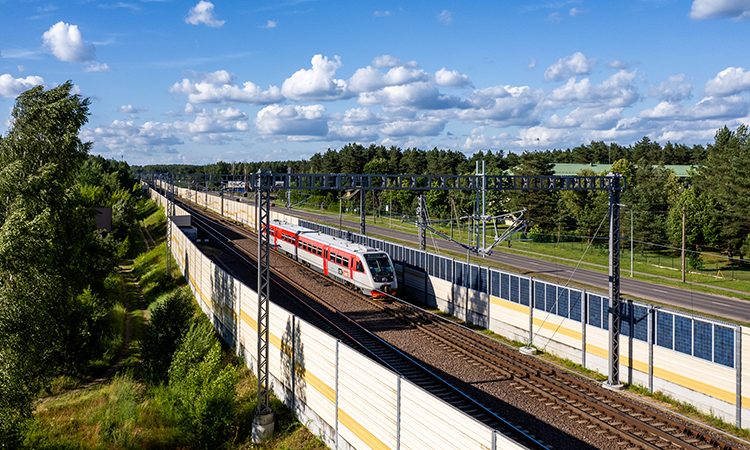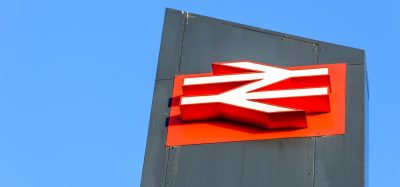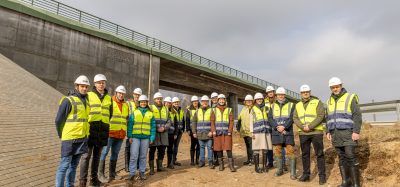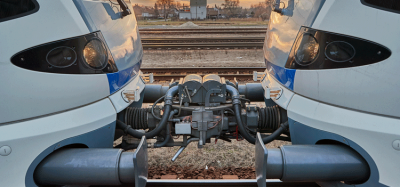Marius Skuodis, Lithuania‘s Minister of Transport and Communications, visited Juodšiliai in the Vilnius District to inspect Lithuania’s first electricity-generating noise barrier. The project, a collaboration between the Ministry, LTG Group and LTG Infra, marks a significant step in integrating renewable energy with railway infrastructure.
The newly installed noise barrier, located along the Kyviškės-Vaičiūnai railway line, features solar panels and is equipped with a 22.2 kW solar power plant. This installation is projected to generate up to 14 MWh of electricity annually.
“We have set the expectation for all companies under the Ministry of Transport and Communications to implement innovative solutions and, at the same time, create demand for innovation. Such solar power plants are an innovative unmatched product and an excellent example of how a part of the energy needed by railways can be produced in a sustainable way, making more efficient use of the area of noise barriers located next to railways. A similar project is already being implemented by another company in our sector, Via Lietuva, which plans to install solar panels on noise barriers on the Grigiškės section of the Vilnius-Kaunas-Klaipėda arterial road later this year,” said Marius Skuodis, Minister of Transport and Communications.
Ramūnas Dokšas, Head of Strategy and Governance at LTG Infra, explained that while current noise barriers are effective in noise mitigation, they offer no additional benefits. This pilot project aims to assess the efficiency of using vertical bifacial solar modules for both electricity generation and noise reduction. “If successful, this technology could be widely adopted, enhancing the sustainability of LTG Group’s operations by reducing reliance on external electricity sources,” Dokšas said.
Vidmantas Janulevičius, Chairman of the Board at SoliTek, one of the project’s partners, expressed optimism about the interim results, stating, “The early outcomes have exceeded expectations, and the technology is demonstrating its value.”
The small solar power plant is estimated to offset 420 tonnes of CO2 emissions and save the equivalent of over 9,500 trees throughout its lifespan.
LTG Group, the largest railway operator in the Baltic States, oversees rail freight and passenger transport, as well as public railway infrastructure management and development through its subsidiaries: LTG Infra, LTG Cargo, LTG Link and GTC.










